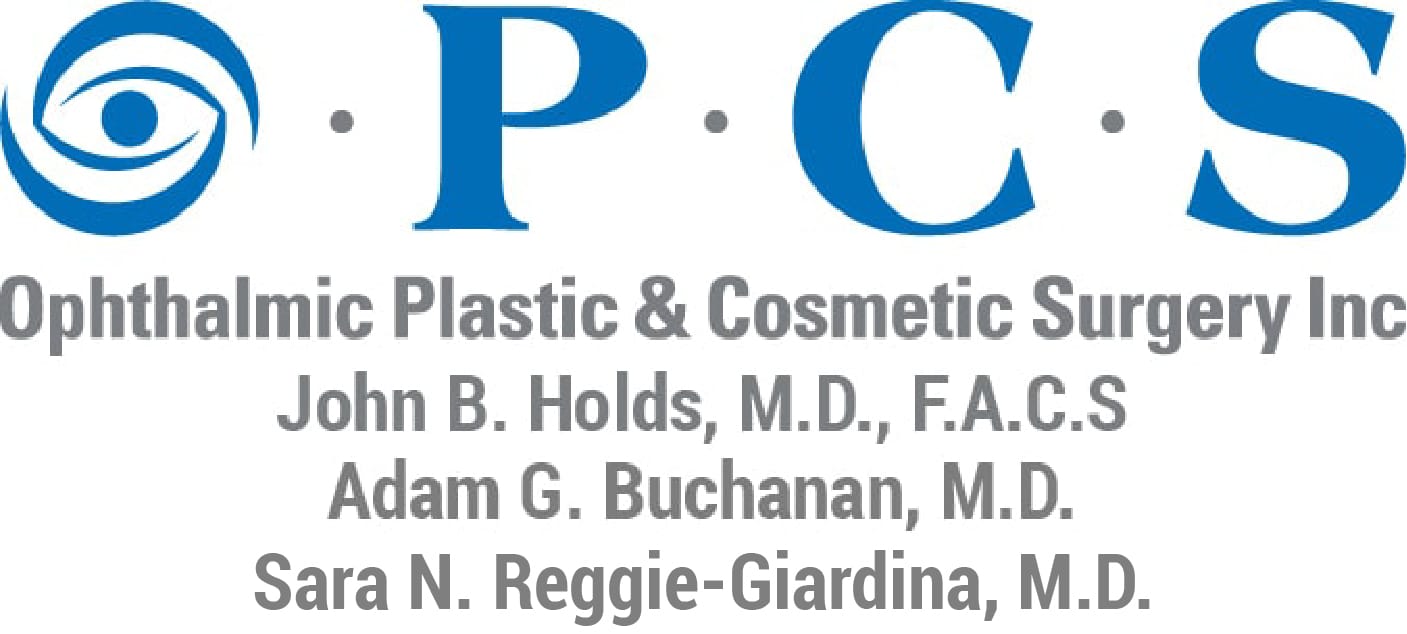Eyelid Drooping Is Not Something You Have to Live With
- Posted on: Jan 30 2018

Ptosis may mimic age-related drooping, but may not require the same exact treatment. This is because what causes ptosis drooping is different.
When we want to raise the eyelids, the brain calls on the levator muscle, which sits within the eyelid itself. This muscle may be weak at birth (congenital ptosis), or it may weaken over time (acquired ptosis). One reason that this weakness may develop gradually is the natural loss of collagen and elastin in superficial tissue. There is also a theory that prolonged use of rigid contact lenses may cause levator weakness. If ptosis is present at birth, the decision may be made to repair the levator muscle during early childhood.
Ptosis Repair vs. Blepharoplasty
Due to the recent increase in popularity of blepharoplasty, or eyelid rejuvenation, some may assume that this procedure is the appropriate approach to ptosis repair. That isn’t the case.
The primary technique used in blepharoplasty is to remove tissue that has begun to sag over the crease of the upper eyelid. Blepharoplasty may also excise a precise amount of fat and muscle, as well as skin. It’s like lifting the curtains above the eyes without changing the height of the “curtain rod.”
To repair ptosis, it is necessary to alter the position of the eyelid. In so doing, the resting point of the eyelid over the eye’s surface is raised. Depending on the severity of laxity in the levator muscle, it may be necessary to anchor the eyelid onto another structure to raise its position.
The intricate nature of ptosis repair requires the experience and specific training of an oculoplastic surgeon. To learn more about ptosis repair, call our St. Louis office at 314-567-3567.
Posted in: Ptosis Repair

